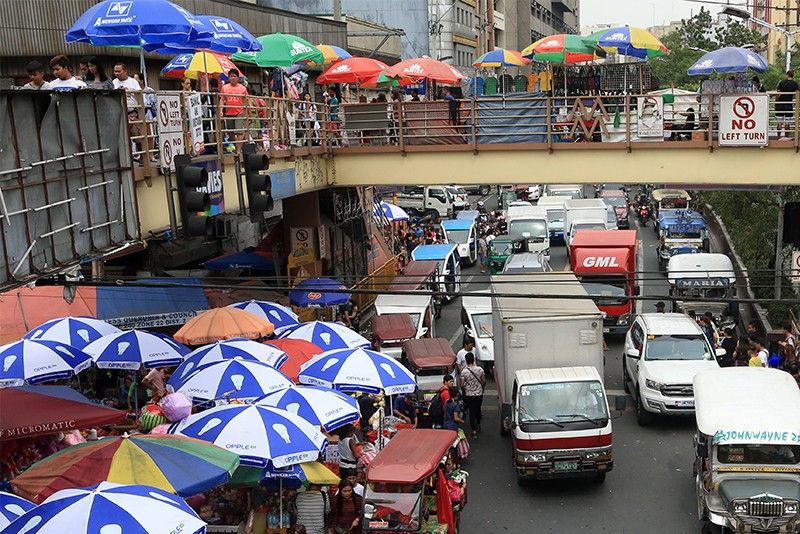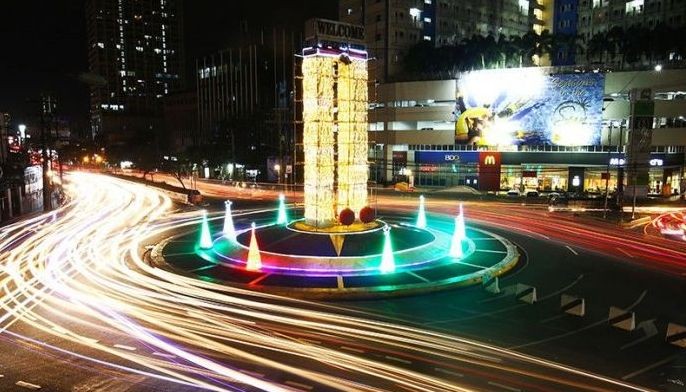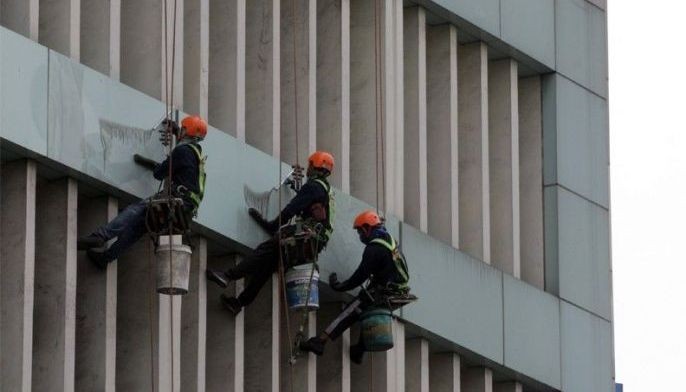Philippine economy to ‘rebound slightly’ in 2019 — United Nations

MANILA, Philippines — The Philippine economy is expected to “rebound slightly” this year, the United Nations said, adding that public spending on infrastructure will continue to fuel growth.
In its “World Economic Situation and Prospects 2019” report, the UN forecasts the Philippine economy to expand 6.5 percent this year from an estimated 6.3 in 2018.
For 2020, the UN pegged Philippine gross domestic product growth at 6.4 percent.
If realized, the international body’s projections would fall below the government’s downwardly revised target of 6.5-6.9 percent for 2018 and 7-8 percent goal for 2019 and 2020.
“Growth will be mainly driven by strong government spending and infrastructure investment,” the UN said.
The Philippines experienced a rapid increase in consumer prices last year amid food supply bottlenecks, higher excise taxes on several goods and surge in the cost of oil imports. Inflation spiked to a near-decade high in September and October before it started to cool down.
In a bid to fight capital outflow and keep inflation in check, the Bangko Sentral ng Pilipinas has lifted its policy rate by a cumulative 175 basis points since May 2018.
But red-hot inflation and surging borrowing costs have sapped consumer spending, which has traditionally been the driving force behind growth in the Philippines, and crimped economic growth to a three-year low of 6.0 percent in the third quarter last year.
“The economy faces the risk of persistently high inflationary pressures, prompting a more aggressive stance on monetary policy tightening, thus further constraining private consumption,” the UN said.
Widely known as the “Build, Build, Build” program, the Duterte administration plans to supercharge economic growth by upgrading the country’s dilapidated infrastructure, which policymakers qualified as one of the reasons why the Philippines had lagged behind its Southeast Asian peers for so long.
Spending on infrastructure and other capital outlays grew 43.6 percent year-on-year to P62.9-billion in November 2018 from P43.8 billion in the same month in 2017. However, it was 33.3 percent lower than the P94.4 billion spent in October.
This brought January-November 2018 infrastructure and other capital outlays to P728.1 billion, which was equivalent to 93.9 percent of the P775.369-billion programmed for 2018.
“Public spending on infrastructure is likely to remain strong in most countries, as Governments continue to focus on easing critical structural bottlenecks and expanding productive capacity,” the UN said. — Ian Nicolas Cigaral
- Latest
- Trending



























